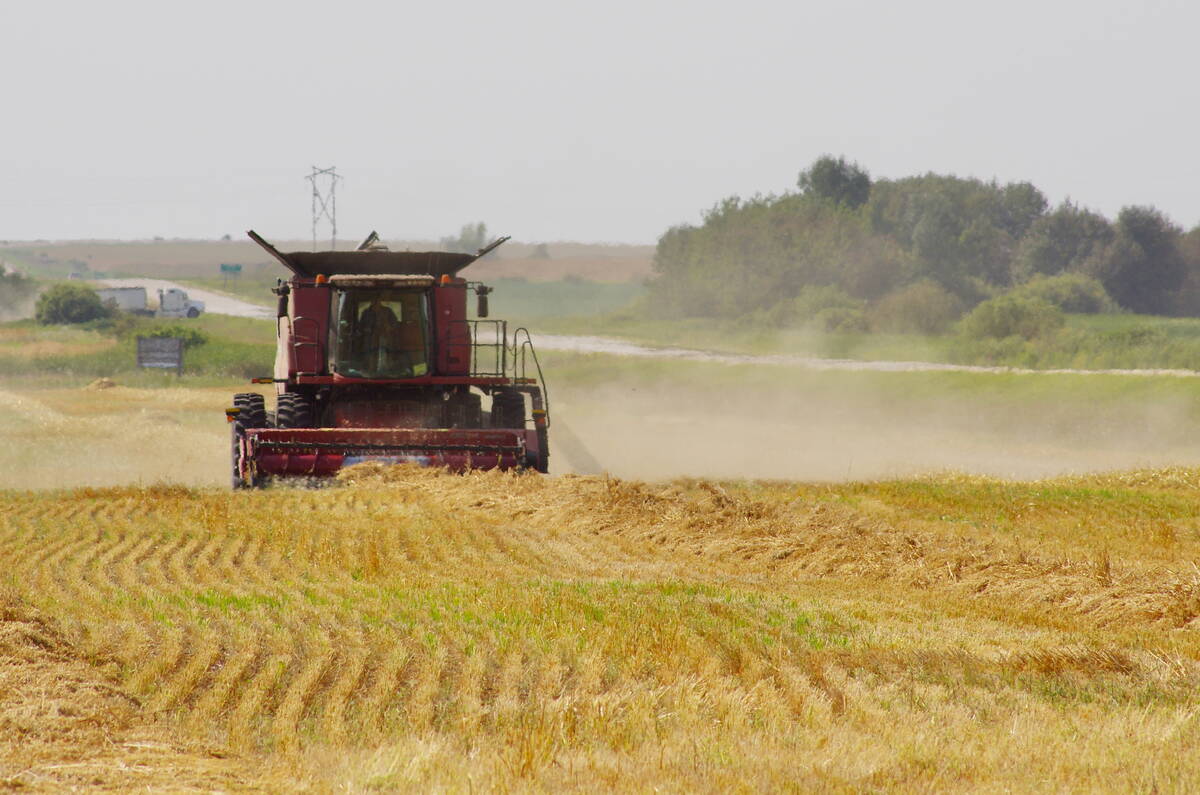Utah governor recently recognized Ray Knight, Earl Bascom and George Lane as part of state’s Rodeo Pioneer Day
The legacy of three cowboys with connections to Alberta continues more than a century following their achievements.
Utah governor Spencer Cox recently recognized the trio as part of the state’s recognition of Rodeo Pioneer Day.
Described as three of the “world’s greatest rodeo pioneers,” Ray Knight, Earl Bascom and George Lane all had connections with Utah and Alberta and helped establish the concept of the modern rodeo.
“Their influence is almost worldwide,” said John Bascom, son of the late Earl Bascom, who developed the first hornless bronc saddle and was renowned for his bronze sculptures depicting cowboys.
Read Also

Herbicide resistance sprouts in Manitoba’s wild oats
Farmers across Manitoba this fall are gearing up for the latest salvo in what, for many, has become a longtime battle to beat out wild oats.
“I don’t think it can be duplicated, their influence that they had as early rodeo pioneers.”
The elder Bascom was born in Utah in 1906 before moving to Alberta and establishing himself as the “father of modern rodeo”.
Knight, also originally from the state, established Canada’s first rodeo, the Raymond Stampede in 1902.
Lane worked as a cowboy in Utah in his early adult life before moving to Alberta and eventually becoming a cattle producer while also creating the Calgary Stampede in 1912.
The trio are well known in Alberta, and Bascom said that’s also true in Utah where their innovations and contributions to western culture hold a lasting influence.
Depictions of western life in popular culture may come and go with trends in TV and movies, but the real thing is tough to copy, making the need to continue to recognize the contributions of those original cowboys all the more important, said Bascom.
Without such recognition, whether through differing halls of fame or recognitions such as Utah’s, “individual histories would be lost and their contributions to the West would be lost,” said Bascom. “These halls of fame and museums keep it alive, that’s a wonderful thing for generations to come.”
Bascom said the cowboy pioneering trio helped establish the culture still found in southern Alberta ranching communities and across the West.
“The independence, yet the camaraderie, helping your neighbour, yet you do as much as you can on your own, in some parts of the world, that’s rare. But I think it’s a good thing and I think people get further ahead in life if they try to do their best but help their neighbour,” Bascom said. “That’s the West.”
The fact the three cowboys continue to receive accolades more than a century after many of their accomplishments is a testament to how valuable and impactful their deeds were to western culture, said Bascom.
Bascom and Knight were both inducted into the Alberta Hall of Fame in 2013 while Lane was inducted into the Hall of Great Westerners of the National Cowboy and Western Heritage Museum.
All three have received multiple similar accolades across North America over the years.


















